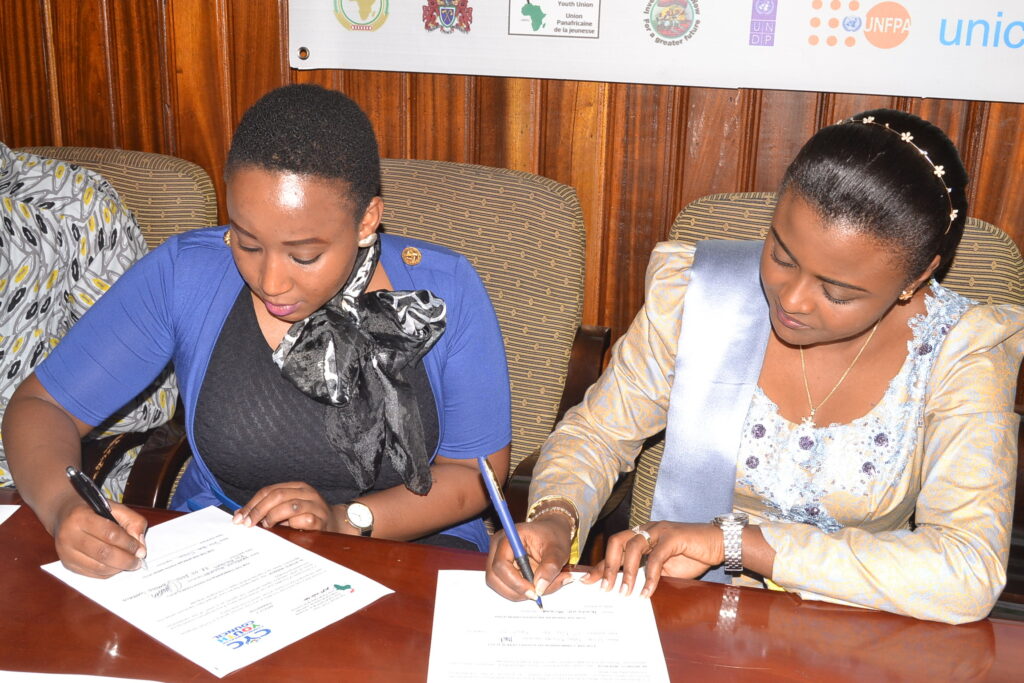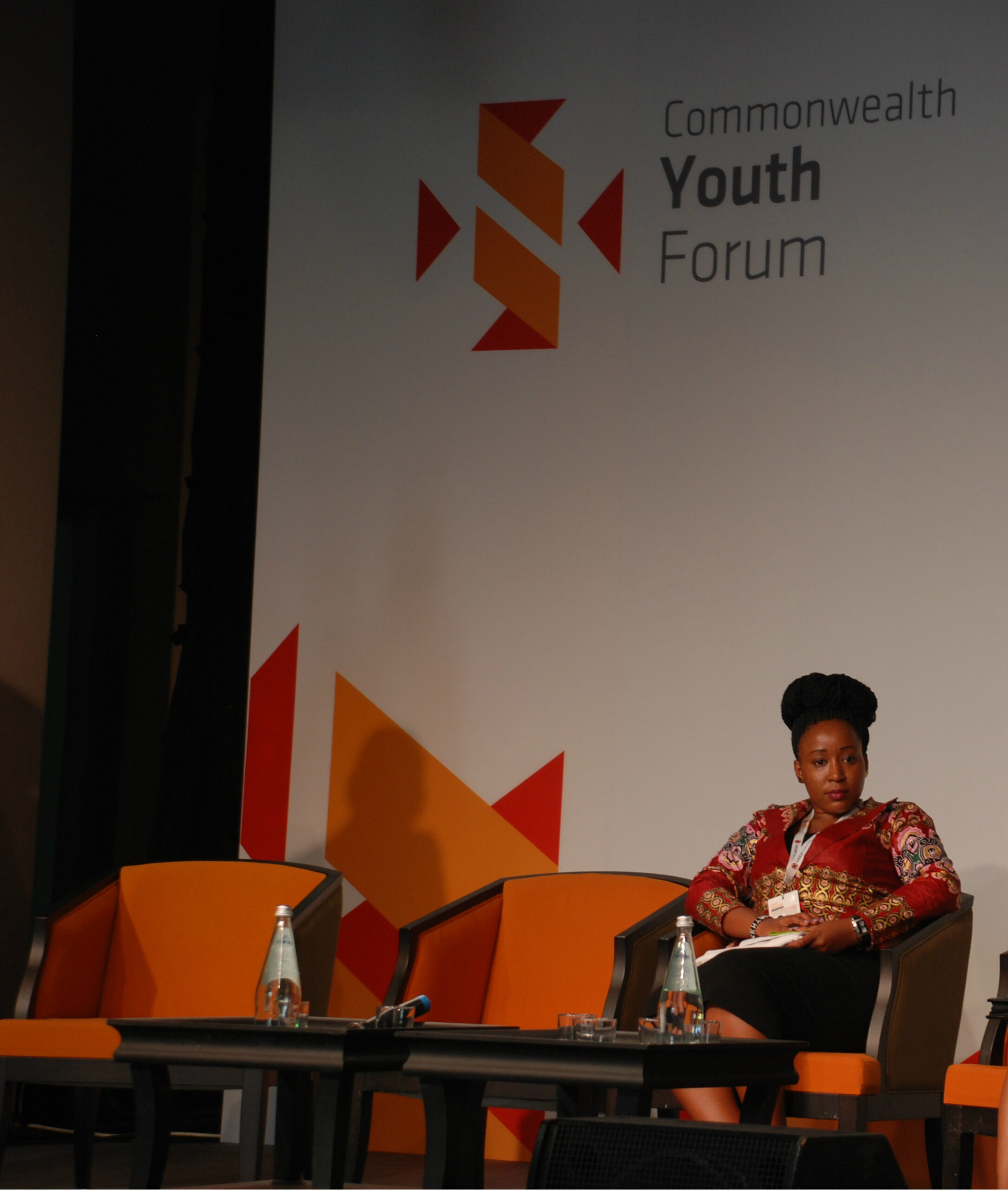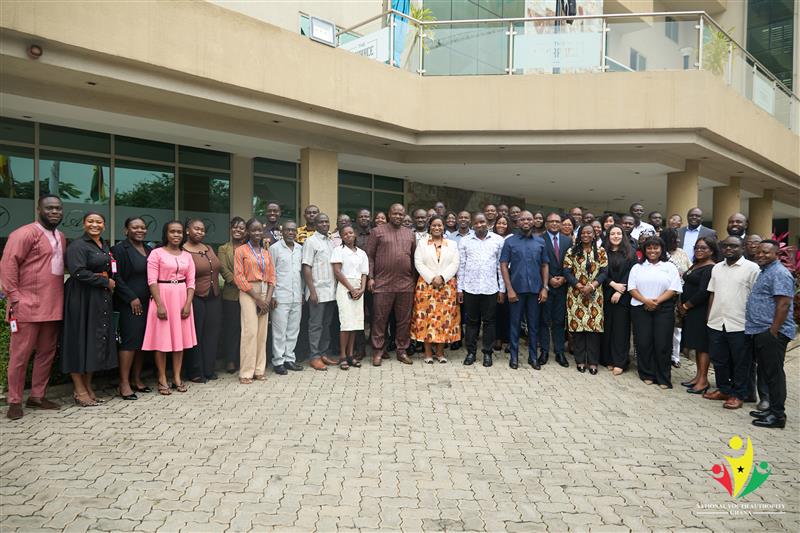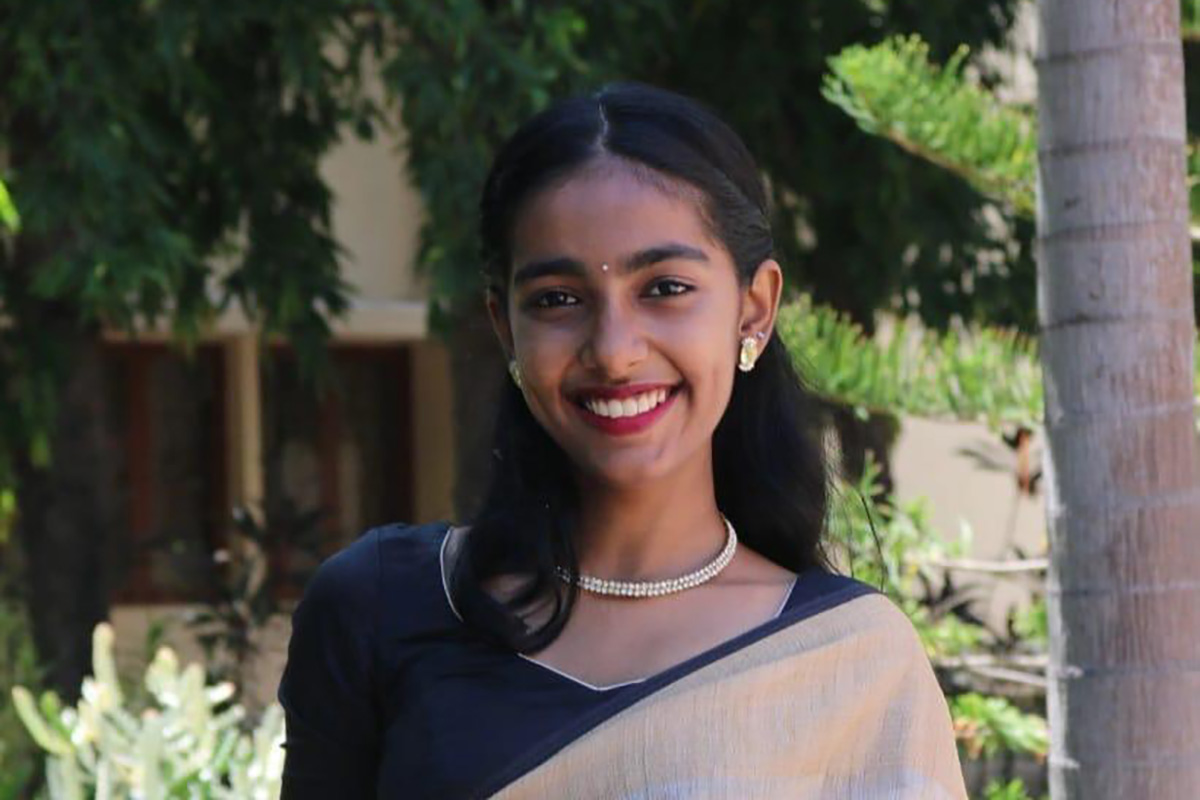Celebrating Partnership for Growth
June 7The Commonwealth Youth Council and the Pan African Youth Union signed a Memorandum of Understanding in May 2016 in The Gambia. The main agenda of the partnership is Youth Empowerment and Development. There is a need to empower young people in general and to bring their synergies together for social and economic empowerment, to empower and continue to support National Youth Councils, and to work together with other youth–led organisations for the betterment of society.
In April 2016, UNESCO and the Commonwealth signed a partnership agreement for Education, Youth and Peace-Building and Dialogue. This is a remarkable step as it works to not only formalise but deepen an on-going engagement that both organisations have benefited from.
Both the Commonwealth and UNESCO have been active in seeking to build a culture of peace, tolerance and nonviolence. The Commonwealth is celebrated to have pioneered the globally accepted definition of respect and understanding. On the other hand, the preamble of UNESCO’s constitution notes that “since wars begin in the minds of men, it is in the minds of men that the defences of peace must be constructed”. While UNESCO has been able to run with the Commonwealth definition of respect and understanding, the Commonwealth has been engaged in building peace in the minds of men and women using its convening power and its networks to build a common understanding and the rapprochement of cultures in all sectors of the economy and human interaction.

The Youth Division has also worked closely with UNESCO on various initiatives such as the development of the Youth Development Index. Various Commonwealth youth networks have also had direct linkages with UNESCO: for example, the Commonwealth Students Association was involved in consultations in the implementation of the Addis Recognition Convention. In addition, the Commonwealth Youth Climate Change Network participated in developing recommendations that fed into the various Conferences of Parties on Climate Change, and their recommendations directly informed the proceedings and outcomes of the 9th UNESCO Youth Forum.
These are just but two of recent examples. Other areas of common interests with youth networks lie in sports, entrepreneurship, human rights, peace and democracy, where we seek to have greater by youth for youth engagement even as the Commonwealth works to not only provide thought leadership but also add global value. UNESCO is a laboratory of ideas and a capacity builder. It recently launched the Futures Literacy Knowledge Labs, an idea we would wish to partner to implement in subsequent Commonwealth Youth Forums.
In conclusion, the Commonwealth Youth Council welcomes this engagement with not only UNESCO but also all other UN bodies in all aspects of youth engagement, particularly in the implementation, monitoring, evaluation and reporting of the Sustainable Development Goals, as we seek to create a better wealthier common future for the youth we represent.




